Christmas Day, 2016
By the time you read this the holiday season will have passed. Today is the day that people around the globe celebrate Isā’s birth and Philadelphia, like much of the region, is experiencing terribly warm weather. This unseasonal climate has really got a lot of people thrown off, yet I must say that it has given me an opportunity to do something I absolutely love doing, opening my windows. Waking up today, roommates outta town, lit up some Sudanese resin, and put on a few bangin’ Blue Notes.
I started with Wayne Shorter’s 1964 Blue Note debut Night Dreamer (yes, though the title refers to the p.m., it works even better for the a.m., trust me). After a quick shower and another round of incense, I moved on to one of my favorite pieces, Frederick Paul (Freddie) Roach’s All That’s Good (1965). Listening to this lp with the windows open makes me really nostalgic, but also gives me a glimpse into the past, of the hood before my time.
The opening cut “Journeyman” takes me back to the few memories I have of accompanying my mother to her choir rehearsals. I didn’t go often, but I remember being really moved by the syncopation of the ensemble. All of Roach’s Blue Note records feature drummer Clarence Johnston. His use of the tambourine on top of the snare right underneath Roach’s walking organ bass locks into place perfectly while Calvin’s (pianist Phineas Newborn’s younger brother) guitar pulls the rhythm section together. The tune paints a beautiful picture of walking past storefront churches in any hood across America and seeing nighttime services going down, full swing.
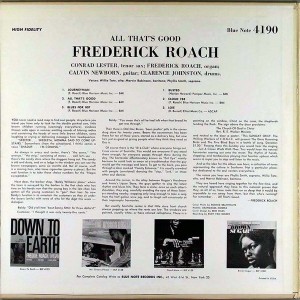 Something the listener will immediately notice is three beautiful voices throughout the record. Phyllis Smith, Willie Tate, and Marvin Robinson accompany the quartet through six tunes “…representing Soultown. Not a particular place, but dedicated to the soul centers everywhere”. Though Roach was born in the Bronx and spent time playing in the northeastern region, these pieces + voices could represent any Black area across the United States in the 1960s/ 70s. From juke joints to church pews to project windows, the lp works as a forty minute walk around the neighborhood.
Something the listener will immediately notice is three beautiful voices throughout the record. Phyllis Smith, Willie Tate, and Marvin Robinson accompany the quartet through six tunes “…representing Soultown. Not a particular place, but dedicated to the soul centers everywhere”. Though Roach was born in the Bronx and spent time playing in the northeastern region, these pieces + voices could represent any Black area across the United States in the 1960s/ 70s. From juke joints to church pews to project windows, the lp works as a forty minute walk around the neighborhood.
For instance, the softness of the title track gives me flashbacks to summer nights in pre-gentrified West Baltimore. The simplicity of the solos never distract from the mellow objective of the tune. Conrad Lester’s tone closes out perfectly, as the Blues licks he delivers literally drip like sweet molasses from his tenor sax.
“Blues for 007” is another mellow piece. It is probably the only tune on the record that strikes me as something specifically arranged for nightlife. Imagine the warm feeling of walking into you homeboy’s/ homegirl’s place for a get-together guaranteed to be a goodtime, or walking into your favorite bar or masjid to spend quality time with good folk. Music often plays a crucial role in making memories, and the nostalgia of this not only makes me think of goodtimes, but the goodtimes had by the elders in their day.
The last two tunes are probably the most unique pieces on the record. “Cloud 778” strikes me as something written on an airplane or on a city rooftop. Having spent many a night overlooking some beautiful cities from such a view, I’m struck by the flying vocals laying gently overtop of the slow, circularly structured groove set up by the quartet.
“Loie”, written by guitarist Kenny Burrell, pulls the entire record together. The dramatic pulsing of Roach’s organ bass on top of Johnston’s bossa drum work is beyond inviting. The arrangement of the vocals is a mix of percussive chant during the chorus and string-like accompaniment during the sax, guitar, and organ solos.
Freddie Roach’s All That’s Good does the work from beginning to end, but gives so much more to me. It takes me from the church, to the bar, then back around the way to a friend’s house, and finally to my open window at nighttime. I can hear the kids playing in the street, my neighbors talking the latest gossip, and the sound of cars passing through the streets of many a Black American neighborhood.

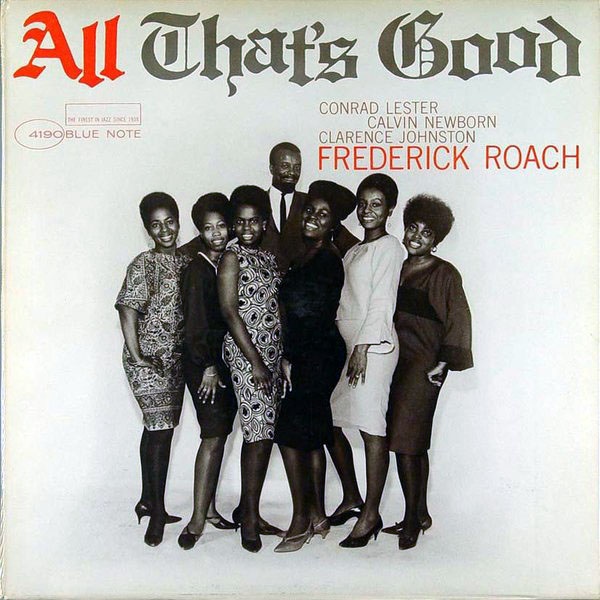
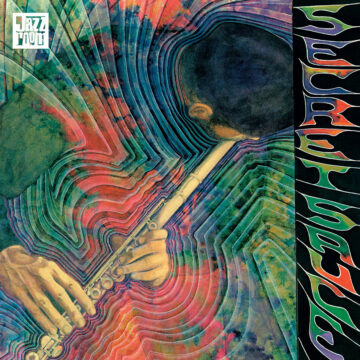
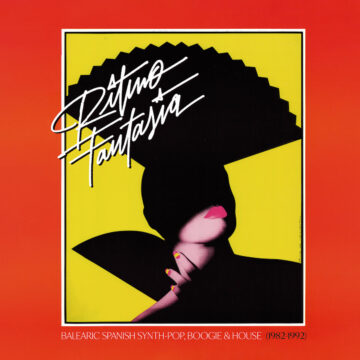
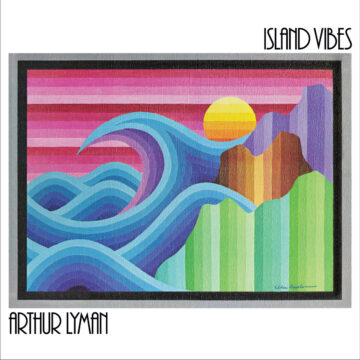
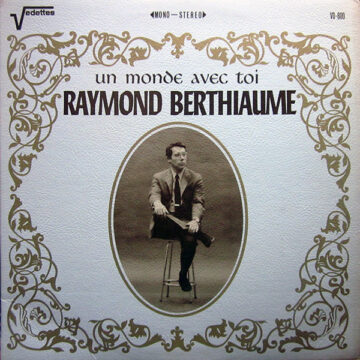
No Comment